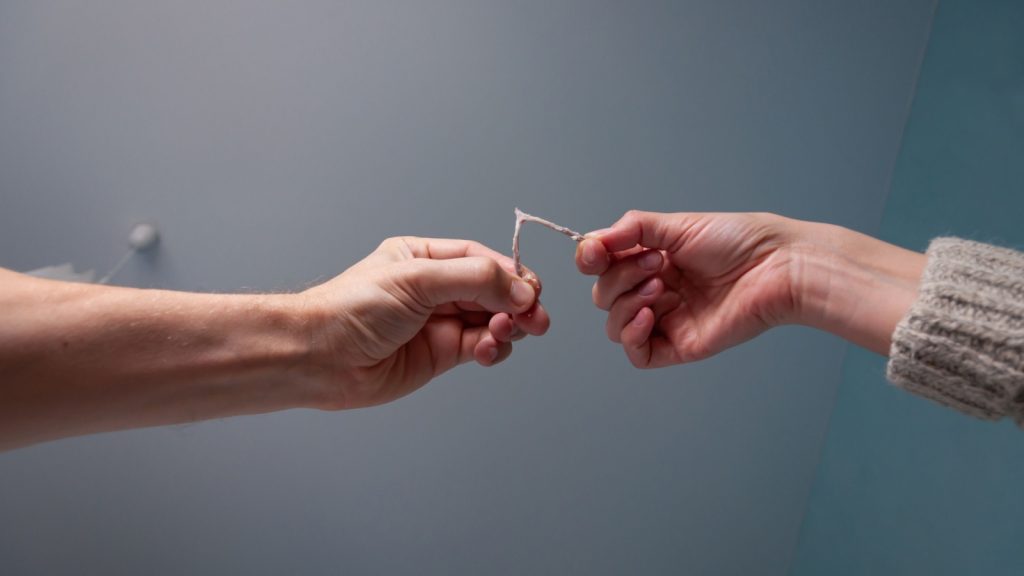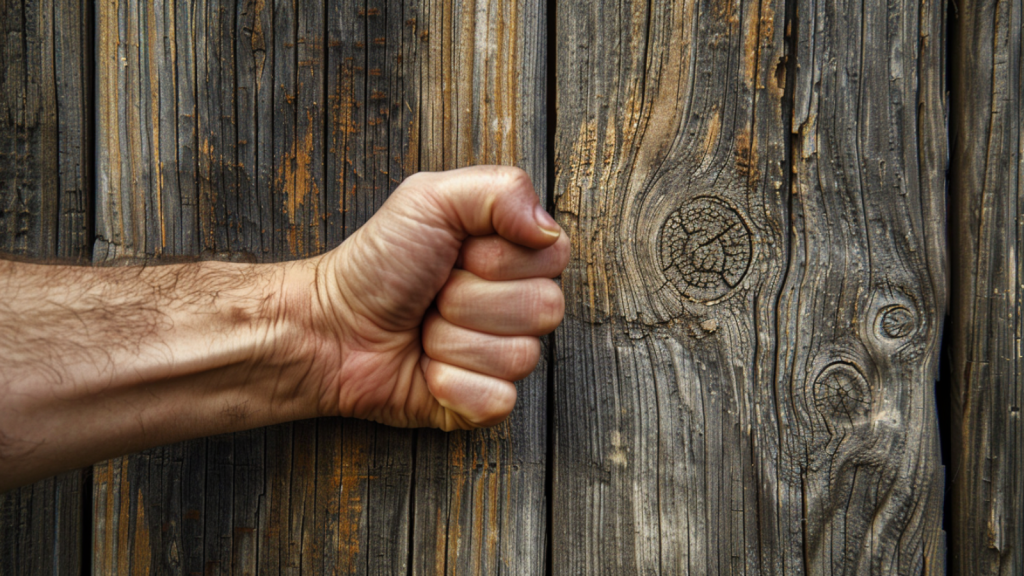Superstitions have been part of human culture for centuries, often dismissed as silly beliefs. But what if some of these age-old ideas actually have roots in science? Although I consider myself a pretty rational person, I am prone to knocking on wood, and I’ve definitely been known to cross my fingers for luck.
Breaking a Mirror Brings Seven Years of Bad Luck

This superstition might stem from the fact that mirrors were once very expensive and hard to replace. Breaking one would indeed bring financial hardship for a while. Also, sharp broken glass is dangerous, potentially causing injuries that could lead to infection in a time before modern medicine. These factors combined could indeed make life difficult for quite some time after breaking a mirror.
Black Cats Are Bad Luck

The fear of black cats likely originated during the Middle Ages when they were associated with witches. However, this superstition might have some basis in reality. Black cats are harder to see in the dark, increasing the chances of tripping over them or getting startled. This could lead to accidents, reinforcing the belief that they bring bad luck.
Walking Under a Ladder Is Unlucky

This superstition actually has a practical explanation. Walking under a ladder is genuinely risky. There’s a chance that objects could fall on you, or you might accidentally knock the ladder over, potentially injuring yourself or others. The superstition likely developed as a way to keep people safe from these very real dangers.
Itchy Palm Means Money Is Coming

While this might seem like pure nonsense, there could be a connection. An itchy palm can be caused by a mild allergic reaction or exposure to certain substances. If you’re handling money frequently, the oils and dirt on bills could cause this reaction. So, an itchy palm might indeed mean you’ve been dealing with money recently.
Opening an Umbrella Indoors Is Bad Luck

Opening an umbrella indoors can indeed lead to mishaps. In small spaces, an open umbrella can knock things over or poke someone in the eye. The superstition likely developed as a practical warning against causing accidents in confined spaces. It’s not about luck, but about avoiding very real hazards.
Friday the 13th Is Unlucky

While there’s no inherent bad luck in this date, the belief itself might cause problems. People who are anxious about Friday the 13th might be more distracted or stressed, leading to more mistakes or accidents. This self-fulfilling prophecy could make the day seem unlucky, even though it’s just a regular day.
Throwing Salt Over Your Shoulder

This superstition dates back to when salt was a valuable commodity. Spilling it was wasteful and considered bad luck. Throwing salt over your shoulder was meant to blind the devil or evil spirits. While not scientific, the act of throwing salt might make people more careful with it in the future, reducing waste.
Saying “Bless You” After a Sneeze

This custom dates back to times when people believed sneezing expelled your soul, leaving you vulnerable to evil spirits. While that’s not true, saying “bless you” serves a social function. It acknowledges the person who sneezed, showing care and attention. This positive social interaction can actually boost mood and immunity.
Avoiding Cracks in the Sidewalk

The rhyme “step on a crack, break your mother’s back” is just a saying, but avoiding cracks might have some benefits. Being mindful of where you step can improve balance and coordination. It also increases awareness of your surroundings, potentially helping you avoid real hazards.
Beginner’s Luck

This isn’t just a myth. Beginners often perform well because they’re relaxed and don’t overthink things. They’re also more likely to take risks that experienced players might avoid. These factors can lead to surprising successes, reinforcing the idea of “beginner’s luck.”
Breaking a Wishbone

While breaking a wishbone doesn’t grant wishes, this tradition serves a purpose. It creates a moment of anticipation and excitement. This positive emotional experience can boost mood and create happy memories, which might make people feel luckier or more optimistic in general.
Four-Leaf Clovers Are Lucky

Four-leaf clovers are rare genetic mutations, occurring in about 1 in 10,000 clovers. Finding one requires patience and keen observation. These traits – persistence and attention to detail – can indeed lead to more success or “luck” in life. So, the “luck” isn’t in the clover, but in the skills used to find it.
Crossing Your Fingers for Luck

Crossing your fingers doesn’t create luck, but it might help you feel more confident. This gesture can serve as a form of self-reassurance. Feeling more confident can lead to better performance, which might seem like good luck. It’s really about the power of positive thinking and body language.
Bad Luck Comes in Threes

This superstition is an example of confirmation bias. When something bad happens, people become more alert to other negative events. They might notice and remember negative things they would otherwise overlook, creating the illusion that bad luck is clustering. It’s not that bad things happen in threes, but that we’re primed to notice them.
Saying “Knock on Wood” to Avoid Jinxing

Like knocking on wood, saying “knock on wood” serves as a mental reset. It can help shift focus away from worries about potential negative outcomes. This mental shift can reduce stress and anxiety, potentially leading to better decision-making and outcomes that seem “luckier.”
Walking Over a Grave Disturbs the Dead

While this isn’t literally true, there’s a practical reason to avoid walking on graves. The ground over a fresh grave can be unstable as the disturbed earth settles. Walking on it could cause you to trip or sink slightly, which might feel creepy and reinforce the superstition. It’s also a matter of showing respect for the deceased and their families.
Bird Poop Brings Good Luck

Getting pooped on by a bird isn’t lucky, but the belief might have an unexpected benefit. People who believe this might react more positively to such an incident. Instead of getting upset, they might laugh it off or see it as a good sign. This positive attitude can improve mood and reduce stress, potentially leading to better outcomes that seem like “good luck.”
Katy Willis is a writer, master herbalist, master gardener, and certified canine nutritionist who has been writing since 2002. She’s finds joy in learning new and interesting things, and finds history, science, and nature endlessly fascinating.

